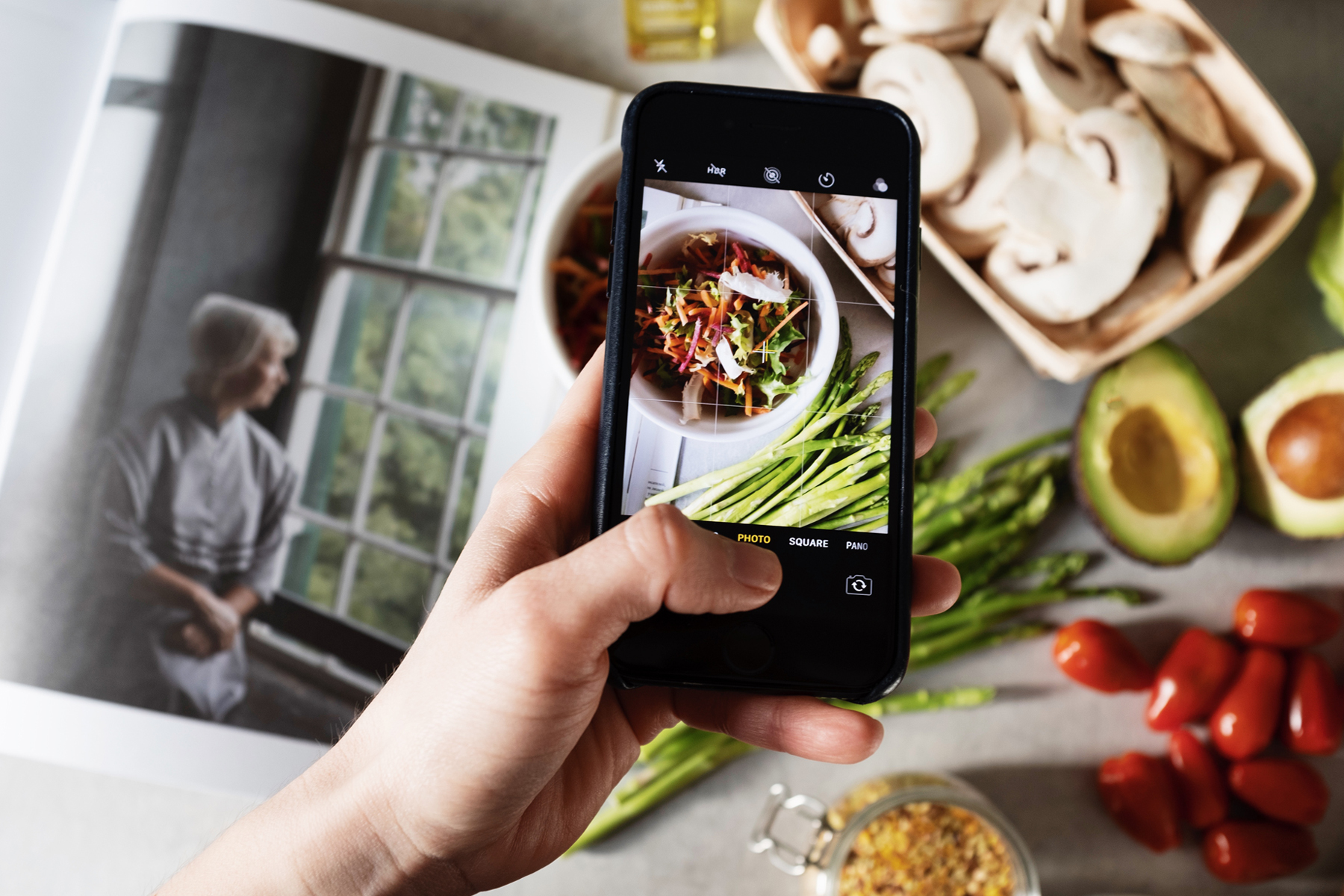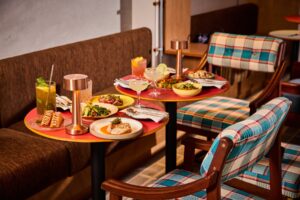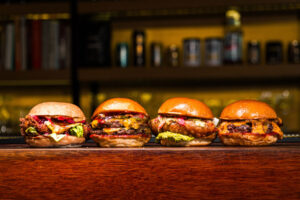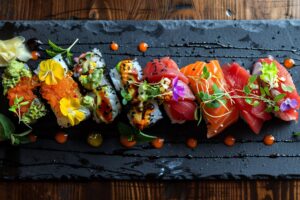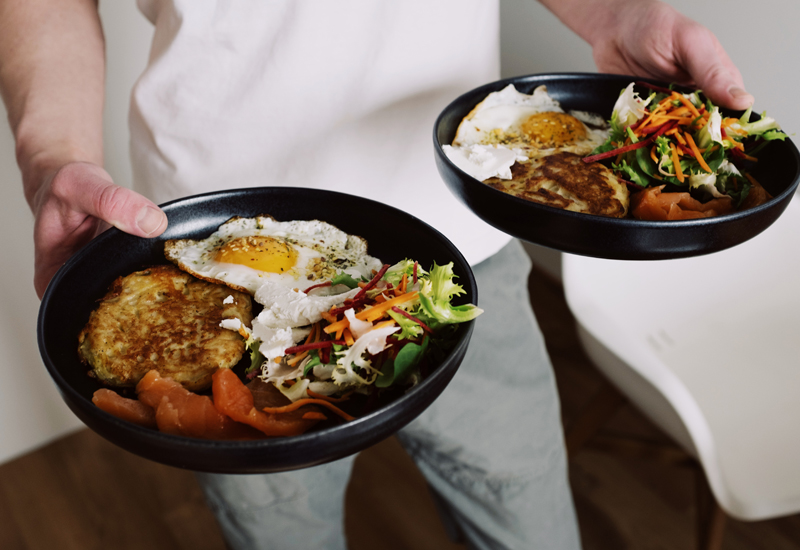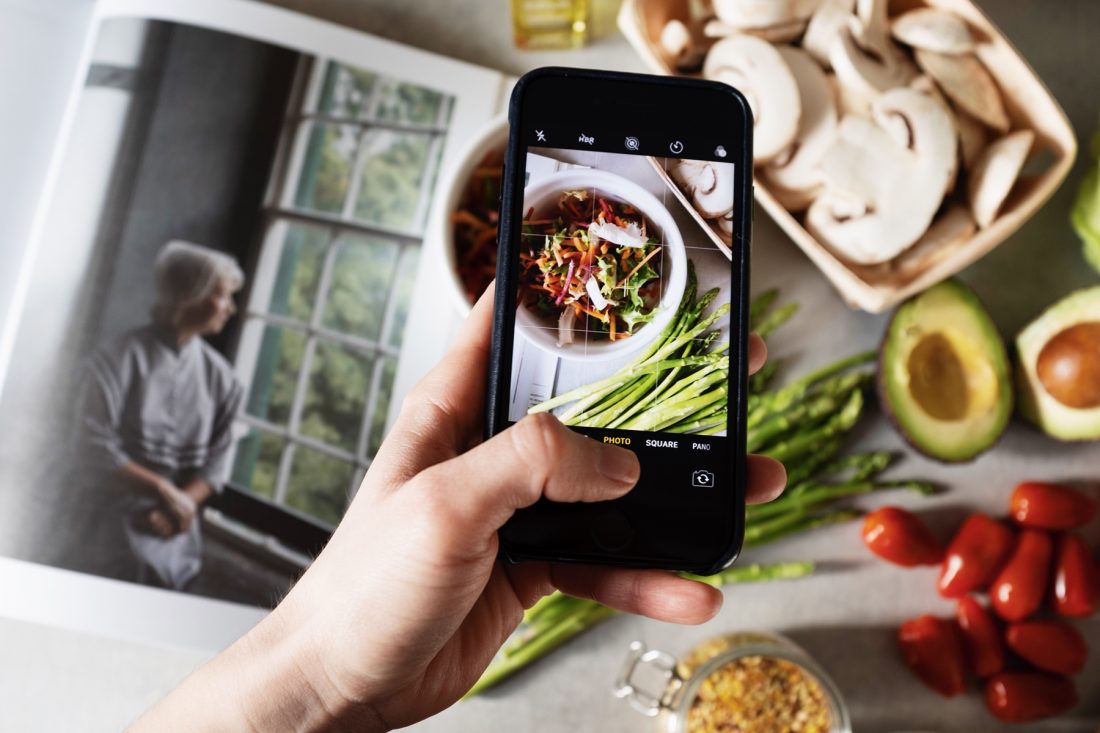Beyond sustenance, food has magical ways of showing us what it means to be human.
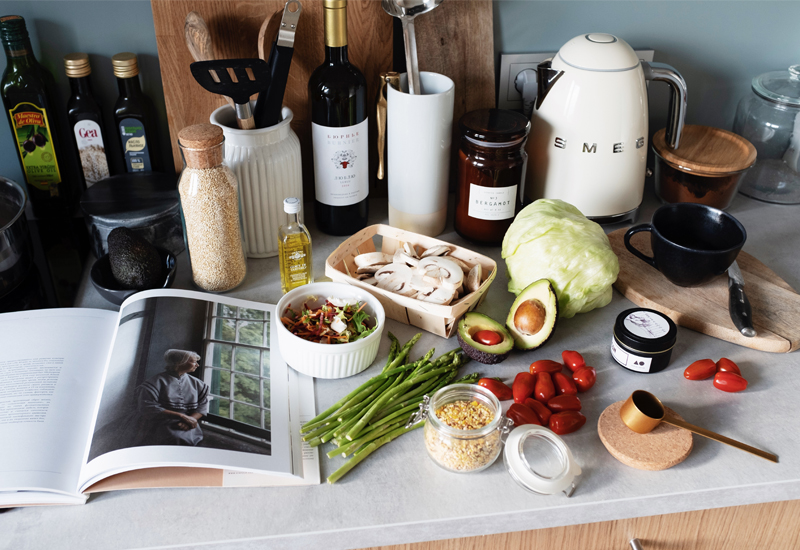
Humans have long had an illustrious relationship with food. Where there’s joy, we celebrate with parties of plentiful nibble and tipple; when there’s sadness, how often have we also stemmed the pain with sweets and sugary salves. It’s the same cultural practice around the world: The good is toasted with food and the bad, cured also with food.
Not only is eating a basic human biological need, it’s become a psychological method to cope with stressful times, especially prevalent during this age of worldwide lockdown. Dopamine or not, there’s no denying food – from the making to the sharing and ultimately consuming – has helped many a Malaysian cope.
Food shows you can count on yourself in times of hardship
Hunting is the most innate instinct of every creature – human or otherwise – and feeding oneself, the very foundation that ensures life. The same remains today although in our modern advanced creature comforts, our hunting grounds present itself in clean, well-lit and systematically organised food shelves of supermarkets instead of the untamed wilderness. Restaurants and cafes are thus akin to the communal watering holes, at which gathering over appetisers, mains and dessert feed kinship as much as hunger.
Take that away with the recent Movement Control Order (MCO) and humans have but shown immense innovation and creativity in ways to feed oneself. Millennials who grew up on a diet of takeouts and fast food are suddenly whipping up restaurant-worthy meals in their own kitchens. Marry that with their social media-savviness and what you have is the birth of food trend after food trend from whipping up a glass of Dalgona coffee to baking your own sourdough bread (made with a starter yeast you cultivated all by yourself, of course).
The reason is simple: Food feeds the body but knowing that you’re able to feed yourself feeds the soul.
Food brings people together
It’s perhaps one of the oldest food-related sayings but there’s truth in food bringing people together. The only difference now is that where it used to reference the gathering of your near and dear around a table to share a meal, it’s taken a more virtual meaning. Over the internet, food groups are sprouting like wild mushrooms, with some gaining immense traction with communities rallying together over a common cause – a love for food.
Malaysian Facebook group ‘Masak Apa Tak Jadi Hari Ini’ (literally translated to mean ‘what did you cook today that didn’t work out’) popped up sometime in April and has since amassed a staggering 1.8 million followers with the bulk of them sharing an average of 20,000 posts a day at time of writing. As its name suggests, all members do is share photos of their respective failed cooking, some merely hilarious blunders, others, rather ghastly and expensive mistakes. From Elsa cakes with melted faces to exploded blenders with questionable contents splashed across walls and ceilings, it is clear that even in the inedible and failed form, food brings people together.
It’s not just strength in numbers – independent cooks are also bringing communities together in the case of YouTuber husband and wife Sugu Pavithra. What started out as an innocent hobby to share their recipes via cooking videos on the video platform in late January saw them blowing up to garner 595,000 followers strong in a matter of four short months. The Ipoh-based husband and wife homecooks tapped into a market that was missing but vitally needed – those who wanted to cook local Malaysian dishes – and executed it in the most relevant way to her viewers – by conducting their cooking tutorials in Malay. They started out with showing people how to make a local favourite of grilled tilapia and now have people as far as Japan trying out our quintessential banana leaf rice. The cherry on top? The Japanese couple even ate with their hands.
Food helps us show we care when we can’t
It’s a bittersweet stereotype among Asians that we show our affections through food. Gracious hosts always ask if you’ve eaten when you visit (‘Sudah makan?’); the best friends are those who share food with you (‘Bro, you need to try this!’); prideful parents who have trouble uttering the words ‘I’m sorry’ tell you gruffly instead that dinner is ready as a way of making amends (‘Come eat’).
Through the hard and difficult, food has been the go-to connector and this difficult times are no different. The beauty of it now is that there needs to be no excuse to send someone a care package of their favourite sweets. It’s become synonymous with a ‘Happy Birthday!’, ‘I’m thinking of you’, as much as a ‘Get well soon’. Distanced friends send each other coffee just because as much as separated couples send each other cupcakes. Want to go the extra mile? Bake those treats yourself for an extra personal touch. Nothing shows care as much as a token of food.
Catering to this need to show love and affections during these particularly tough times, restaurants have also come up with cooking kits and care packages of their own, all to satiate this need of lonely generation separated by technology and the internet that just got even lonelier in this time of pandemic lockdown.
Food makes us human
As one of the most basic needs of our survival, it goes without saying that food makes us, us, in that it feeds us. It also makes us human on a deeper plane. It helps us love ourselves, bond with our communities and strengthen relationships. Tandem to that, it has also shown what kindness and generosity exist in our communities, brought to light during tough times.
Quarantine is very different for different people. Not everyone can stay safe in a comfortable home and remain indoors with full stomachs to paint, read and reflect. As the economy is hit and jobs are cut, some groups of society struggle to make ends meet. Others are pushed to extreme limits, especially those already on the fringe of help. The homeless and stateless are among those who have come forth to ask for help since the MCO has been implemented, each with a story more heartbreaking than the next. Just as dire as their situations are, groups of volunteers and social welfares have rallied to try to aid.
From the big to the small, from community NGOs like Kechara Soup Kitchen to independent bodies like Everything is Love for Others (@everythingisloveforothers), people are coming together tirelessly and unconditionally to get essential daily supplies like rice, eggs and milk powder to sidelined communities in rural areas that have no chance of accessing government help and funding. They are but of dozens more, stepping up to the cause to feed the hungry and to feed humanity. At the core of it, food has once again shown us what it means to be human.
Despite the glum circumstances of the past two months going on three, it gives us a warm feeling in the stomach knowing that together we can get through it, if only with the help of something as humble yet fulfilling as food, just like a warm chicken soup on a rainy day.
(Photos: Pexels)




